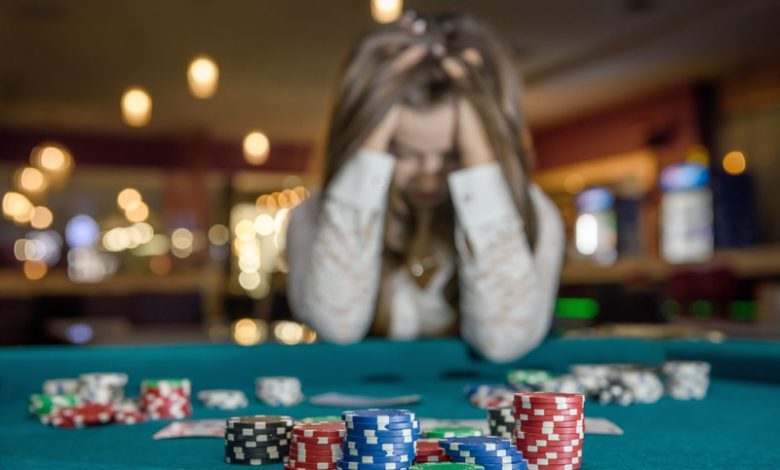Gambling and Mental Health: What Studies Are Finding

Gambling and Mental Health: A Growing Concern
In South Africa, gambling and mental health are becoming increasingly linked. Research has shown that gambling problems are on the rise, especially among younger people. A 2024 study found that 44% of South African gamblers face moderate gambling issues, while 40% experience severe consequences like depression, anxiety, and stress. These statistics highlight the urgent need to address the mental health risks associated with gambling.
READ MORE: How Family and Friends Can Support Someone with Gambling Problems
Socioeconomic Factors Driving Gambling
Several factors contribute to the increase in gambling-related problems. Many people in South Africa, especially those from disadvantaged backgrounds, turn to gambling as a way to escape financial struggles. The Financial Sector Conduct Authority (FSCA) found that 70% of gamblers see betting as a way to supplement their income, particularly in tough economic times. Gambling rates tend to rise during economic downturns, worsening mental health issues for those affected.
The National Responsible Gambling Programme (NRGP) has noted a direct link between increased gambling activities and times of financial hardship. As people struggle to make ends meet, they may look to gambling as a quick fix, unaware of the psychological toll it takes.
The Psychological Impact of Gambling Addiction
Gambling addiction severely impacts mental health. Studies show that people with gambling problems often suffer from heightened levels of anxiety, stress, and depression. The National Gambling Board of South Africa reports that gambling addiction has led to an increase in suicides, underscoring the devastating emotional toll it can have. Many gamblers get trapped in a cycle of chasing losses, which only deepens their financial and emotional distress.
Dr Natasha Dow Schüll, a leading behavioural scientist, highlights the importance of setting limits: “Safe gambling begins with setting boundaries and recognising that gambling should never be seen as a way to make money.” This advice underscores the need for responsible gambling practices and early intervention.
The Gender Divide in Gambling and Mental Health
Gambling affects both men and women, but the psychological consequences can differ. Men are more likely to engage in gambling, but women who gamble often experience more severe mental health challenges. Studies show that women tend to suffer higher rates of depression and anxiety linked to gambling. Additionally, the stigma surrounding female gambling addiction can make it harder for women to seek help. This points to the need for support services tailored to the unique experiences of women facing gambling-related mental health issues.
Limited Access to Support Services
Despite the growing need for help, access to treatment for gambling-related mental health problems is limited. Many people do not seek support because of the stigma attached to gambling addiction. The National Responsible Gambling Programme (NRGP) provides confidential support, but only a small percentage of those affected reach out for help.
Experts recommend combining cognitive-behavioural therapy, peer support, and financial counselling to treat gambling addiction effectively. However, there is a clear need for more accessible services that can reach those who need them most.
READ MORE: The Impact of Gambling on Youth and What Communities Can Do
Addressing the Gambling and Mental Health Crisis
The link between gambling and mental health is clear, and South Africa faces a growing crisis. With gambling problems becoming more prevalent, particularly in economically vulnerable communities, it is essential to address this issue urgently. Increasing awareness, reducing stigma, and improving access to support services are crucial to helping people affected by gambling addiction.
Raising awareness about responsible gambling, expanding treatment options, and providing financial and emotional support are key steps in reducing the impact of gambling on mental health.



